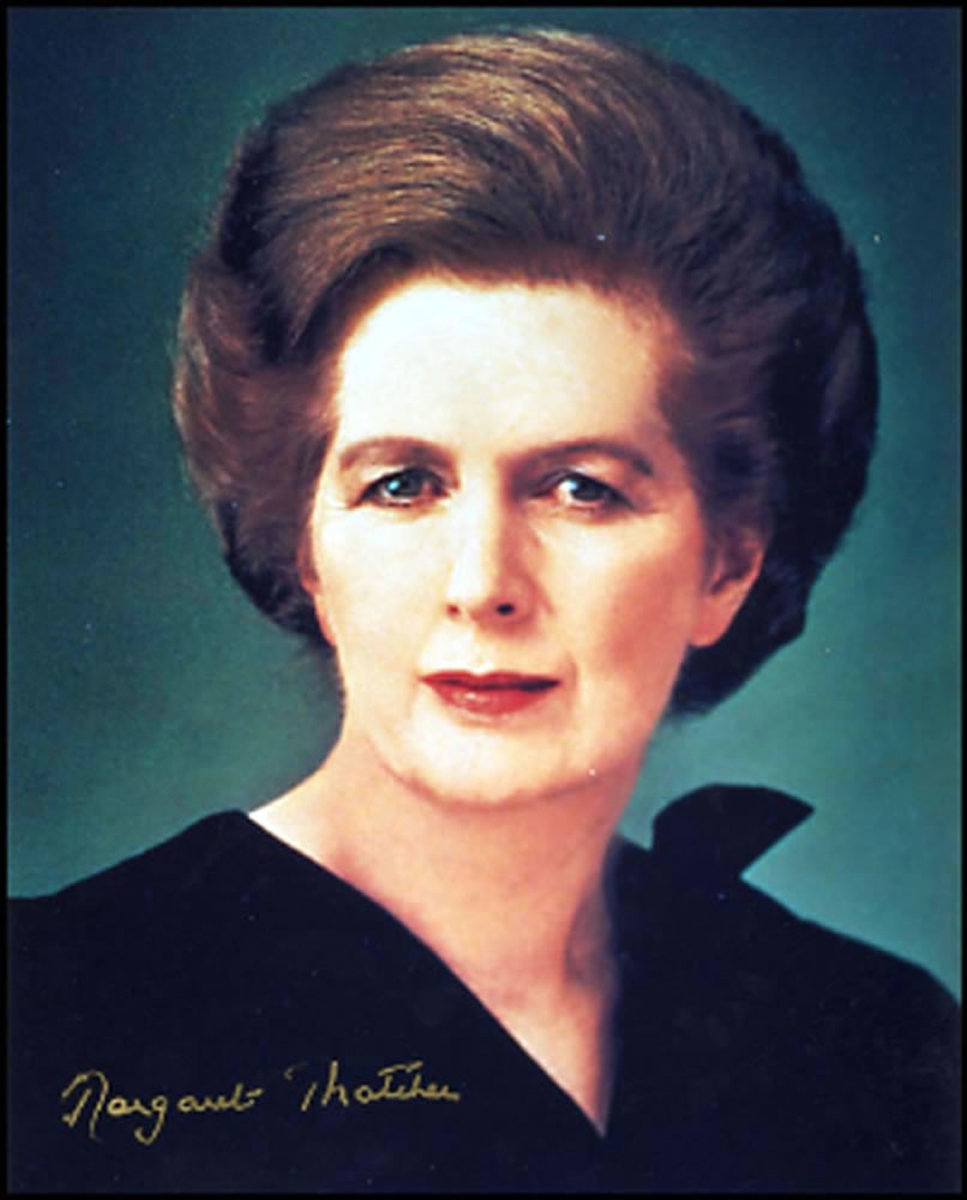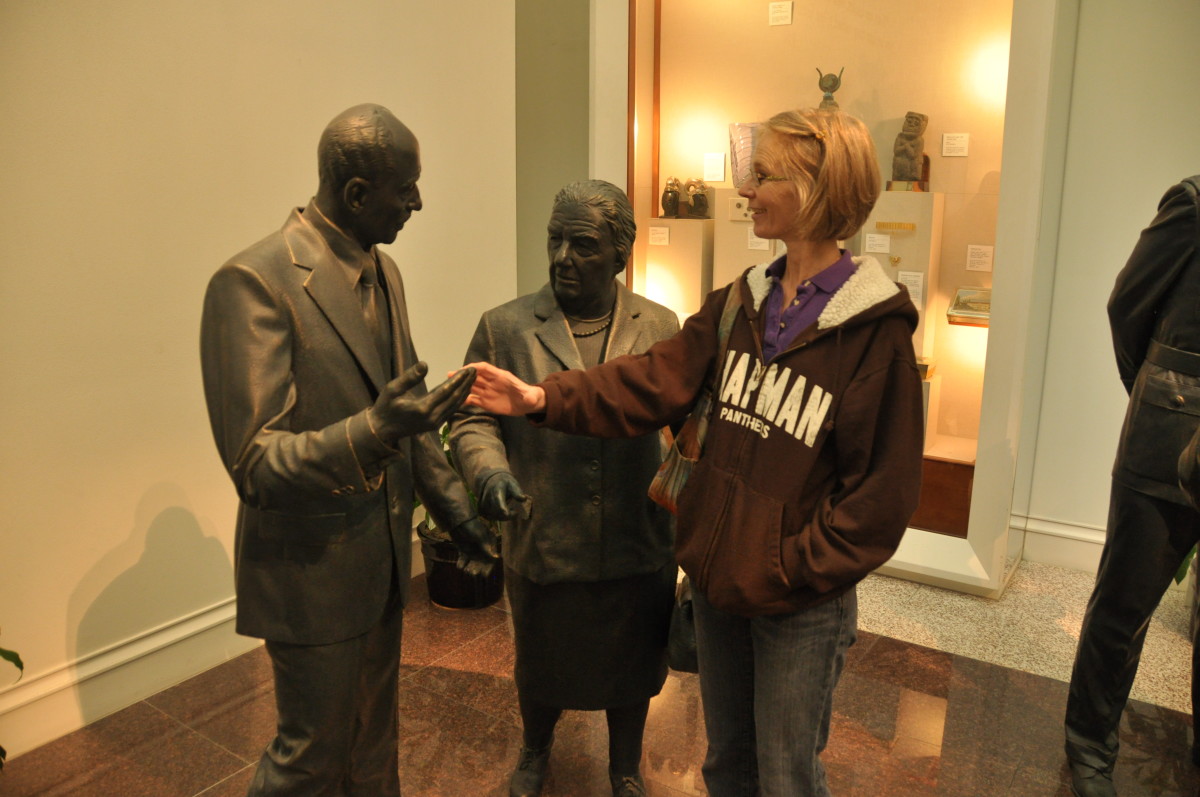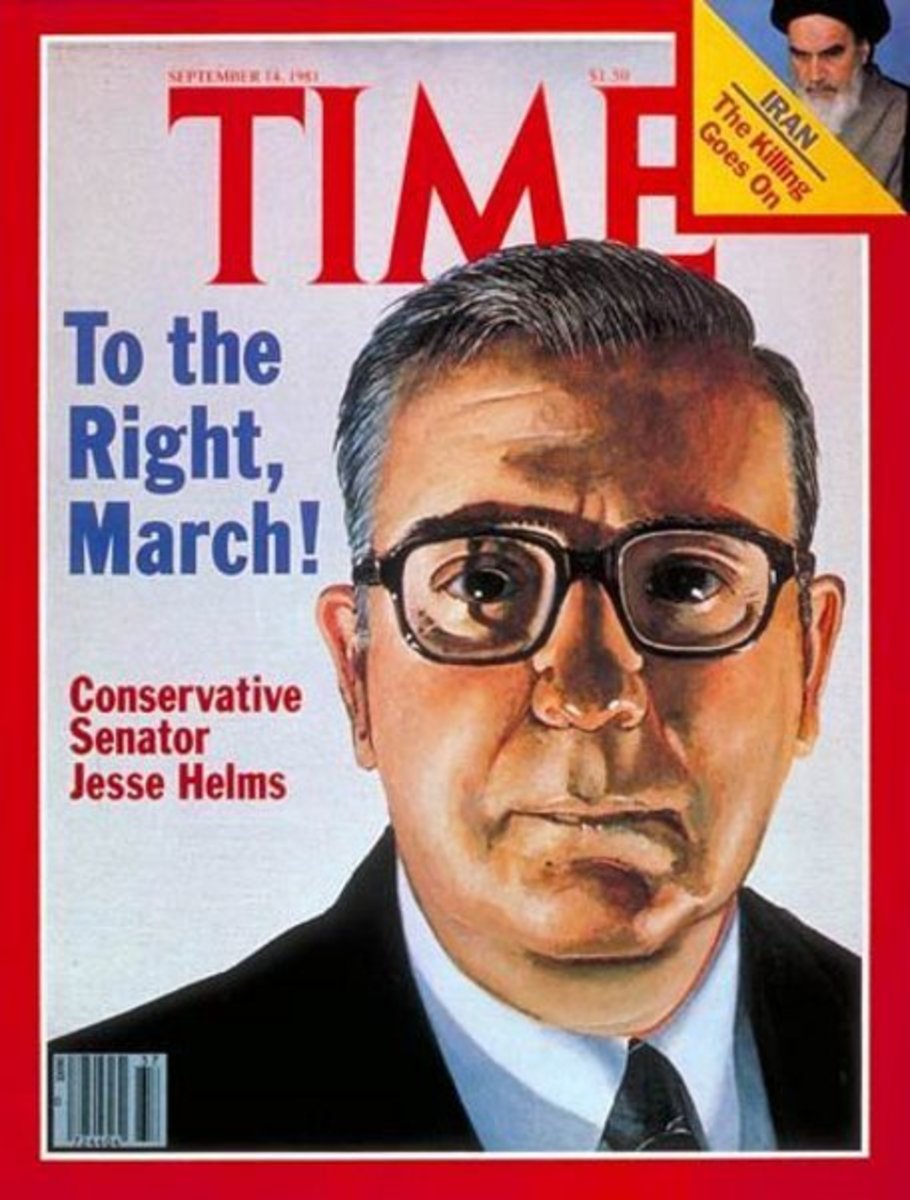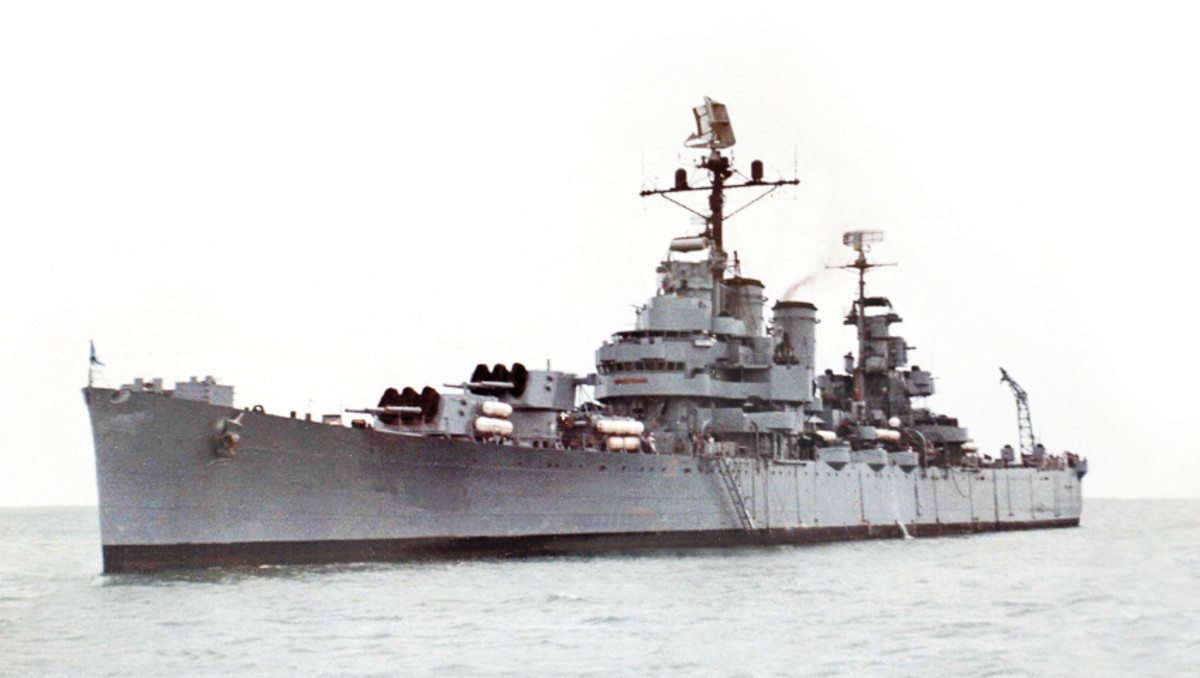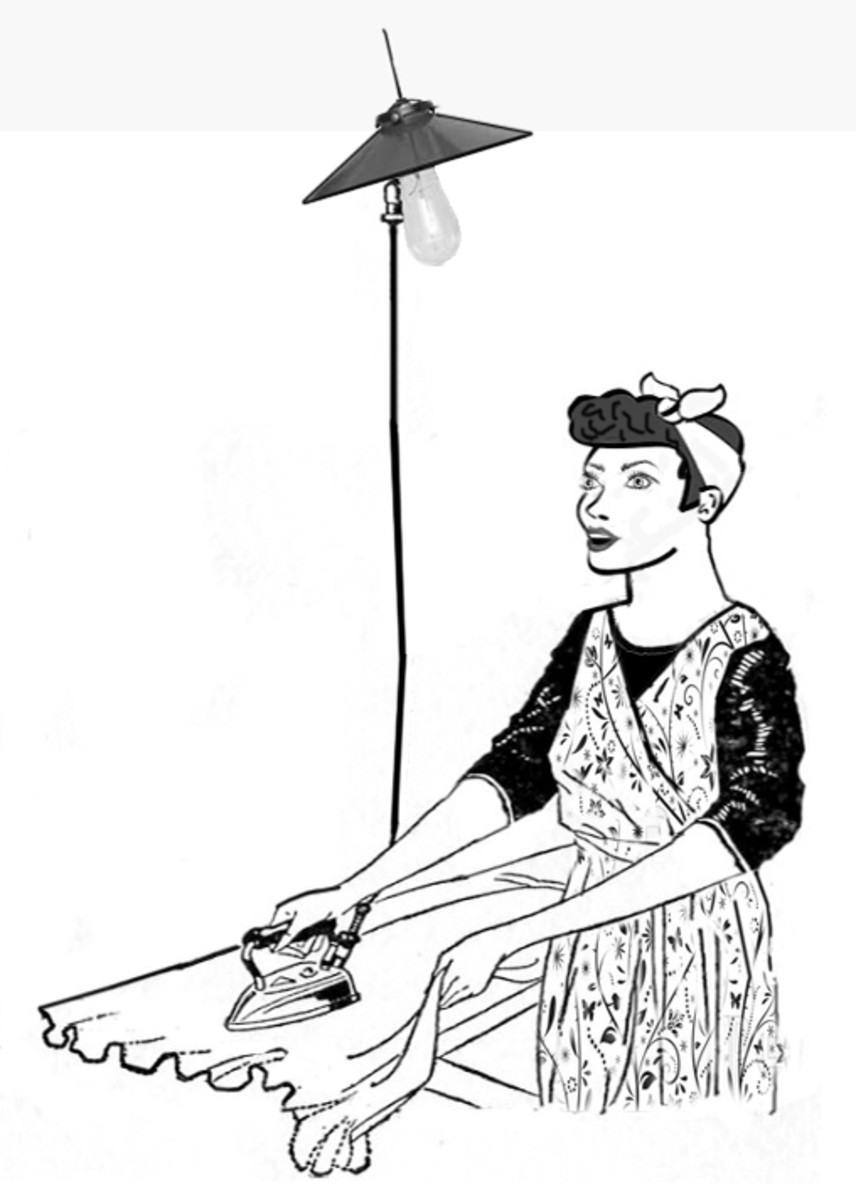The Margaret Thatcher Years
Maggie in opposition
I remember the Margaret Thatcher years and I didn't like them very much. She was chosen as leader of the Conservative party in 1975. her party won the general election called in 1979 after the devolution fiasco. She became the first woman to hold the post of leader of a major British political party and the first ever woman Prime Minister of the UK.
From 1974 to 1979 The United Kingdom had been led by the Labour Party. Prime Minister Jim Callaghan precariously led a minority government that had to rely on the 12 liberal MPs, the 4 Scots Nationalists and the 2 Welsh Nationalists in Parliament in order to get anything done. This support was based on his commitment to a Scottish and Welsh referendum on Parliaments for those two countries. It was half hearted government support at best and many Labor MPs joined the Conservatives to actively campaign against it. Predictably, the referendum failed and the Lib's and Nat's withdrew their support. Maggie immediately tabled a Parliamentary vote of no-confidence in the government. The government won by just one vote Jim had to call a general election. Capitalizing on failed policies the Conservatives won the General Election and the Thatcher era began.

The Thatcher Years
It didn't begin well. The Conservatives had developed a notion that income tax should be reduced and sales tax raised. This did mean extra money in the pay-packet for everyone at first but the increased sales tax meant much higher prices on goods. For the average working family, expenses can be claimed against income tax but there are no claims against sales tax. This “pay raise” was more than wiped out by the price rise on goods and services. Simple economics, when the consumer cannot afford shoes the shoe factory closes. Soon firms were going bankrupt and unemployment doubled. Maggie had become the most unpopular Prime Minister since Chamberlain. What kept the government afloat was that there was no real opposition. The Labor party was totally disorganized. They showed themselves to be a party full of old socialists who dreamed about the collapse of capitalism but they didn't have solutions to the problems that occur when that collapse actually happened.
An election has to be called every 5 years but can be called any time in between at the Prime Ministers discretion. By 1982 it looked like she was going to lose any election by a large margin. That is when the Falklands hit the fan.
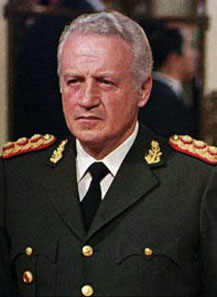
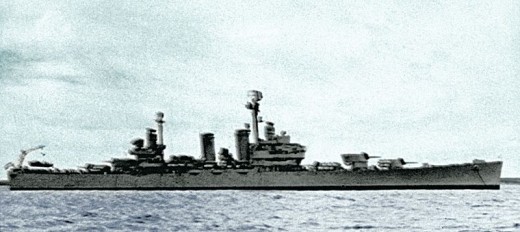
The Falklands War
The President of Argentina was General Leopoldo Galtieri. A self appointed general, he had never fired a shot in a real war. He was facing trouble; there was a movement to have him ousted from power. The Falklands, or Malvinas to the Argentineans, had long been an emotional issue. Galtieri was led to believe that he could take back the islands. This was helped by the British decision to withdraw HMS Enterprise, Britain's only naval presence, from the South Atlantic.
On April 2nd 1982 Argentina invaded and Galtieri basked in a new wave of popularity. Then, to Galtieri's surprise, the Brit's launched their task force and sailed off ready to fight. The outcome was predictable. A professional military with a thousand years of military history against an army made up mainly of conscriptees. Galtieri was no fool he knew he couldn't win such a fight. The American government attempted to stay neutral, Reagan made the famous quote that he couldn't understand why two allies were fighting over "that little ice-cold bunch of land down there" On April 7th Secretary of State, Alexander Haig flew to London, then went everywhere else attempting his "Shuttle Diplomacy" All diplomacy came to an end when Maggie gave the order to sink the Belgrano.
The ARA General Belgrano was an Argentine Navy light cruiser. It had been purchased from the United States and was formerly the USS Phoenix. Britain had declared a 200 mile exclusion zone around the islands stating that any Argentine Ship or Plane that encroached the Zone would be regarded as hostile. The zone was being patrolled by the Royal Navy nuclear submarine HMS Conqueror. The Belgrano was 25 miles outside the zone and appeared to be heading away leading to a lot of controversy over the order to sink. Nevertheless, there was no way for Galtieri to back down after that. 323 Argentinian lives were lost accounting for almost half the Argentinian casualties in the whole war.
The By mid June the war was over. Galtieri was deposed and Maggie became a hero. The American magazine Newsweek ran the cover headline "The Empire strikes back"
In 1983 she was re-elected with a landslide majority in Parlaiment.
It's important to note that she never was that popular with the masses. The Conservative Party never got the majority of the vote. The reason for her election victories had more to do with the fact that the main opposition, the Labor party, was in disarray. Lacking a clear focus and split by in-fighting amongst its factions, it failed as an effective opposition. The other point is the nature of the British electoral system. The "first past the post" system means that if three candidates stand for a constituency, let's call them A, B and C, and A gets 10,000 votes B gets 8,000 votes and C gets 4,000 votes. Then A is elected, even though 14,000 people voted against him.
The ineffectiveness of the main opposition caused people to look to other alternatives with the result that opposition was split so the Conservatives could easily win majorities. The labor Party would not recover until the 90's.
Thatcherism continued its relentless march. After the election of '83 Maggie began to sell off the nationalized industries.
Nationalization
Nationalization had begun in 1945 after World War II as a way of revitalizing the British economy that was nearly bankrupt after the war. The basic notion was that those industries that supply the manufacturing base, such as Steel, Coal, Public Transportation etc, would be taken out of public ownership, removed from the profit motive and placed under government oversight. This meant that those industries could be heavily subsidized; the manufacturing base would have cheap resources and so be more competitive in the World market.
Nationalized industries were seen by both sides of Parliament as natural resources. Selling them off did not sit well with many old school Conservatives. The Conservative Prime Minister of the 50's, Harold Macmillan, Now 90 years old, speaking without notes and with all of his old eloquence, rose in the House of Lords where he sat as Baron Stockton, and soundly criticized Thatcher for "Selling off the family silver."
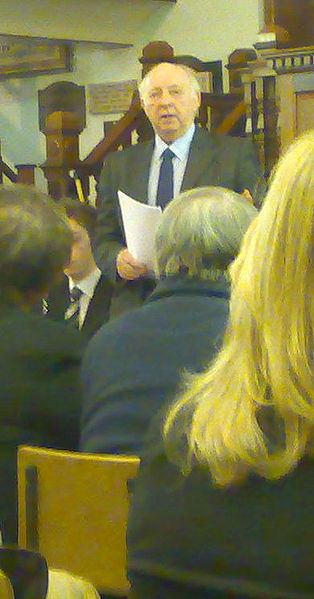
The Miner's Strike
An example of the ineffectiveness of the opposition came in 1984. The National Union of Coalminers, led by Arthur Scargill a far left critic of Thatcher, led the Miners in a strike that lasted the whole of 1984.
The strike was called after the Government formulated an aggressive policy to close down coal mines across the United Kingdom. At first, local level for a strike was half-hearted. Soon it became an all out battle. Mining families were reduced to poverty. The Union's financial assets were seized and frozen so the union was unable to pay strike benefits to the members. At the same time, Social Security departments were instructed to refuse hardship claims from mining families because they were deemed to be receiving strike pay. The communities rallied around and small shops and other businesses extended credit to the families. Local support was strong but Maggie had determined she would not turn no matter what the cost.
While the rank and file members of the Labour Party supported the miners, the official party, under the leadership of Neil Kinnock, vacillated until in the end no one cared whose side they were on. The miners endured a lot of hardship, they lost their battle in the end and whole mining communities were destroyed never to recover. The amount of money Maggie was willing to spend to destroy the National Union of Mineworkers was limitless. The amount of money needed to replace closed coal mines with jobs, never materialized.
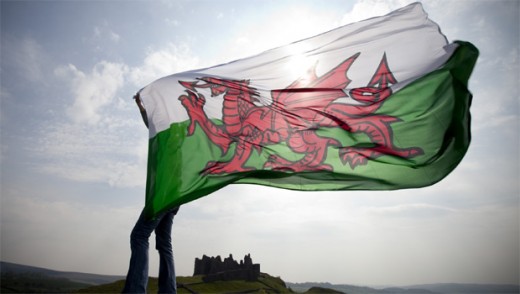
The Welsh Language and the end of Maggie
One area where she was forced to change her mind was on the question of the Welsh language. Before the election of 1979 all political parties had promised the Welsh people that there would be a Welsh language television channel After being elected and even though the provision had been mentioned in the Queen’s speech opening the new parliament, she reversed the policy. There was a national outrage, demonstrations and ptotests were growing. Gwynfor Evans, leader of Plaid Cymru, the separatist party, threatened to fast to death if the “Iron Lady” did not relent. In the face of this anger, Maggie, who had famously said “This lady is not for turning” changed her mind and the Very successful “Sianel pedwar Cymru” was established.
By 1990 her policies, especially her unwillingness to bend or change according to the needs of the time, made her a liability to the Conservative Party. They feared they could no longer win an election with her at the head. Her own party rejected her in the end and elected John Major, an ex circus performer, as their leader.
I, for one, breathed a sigh of relief.

